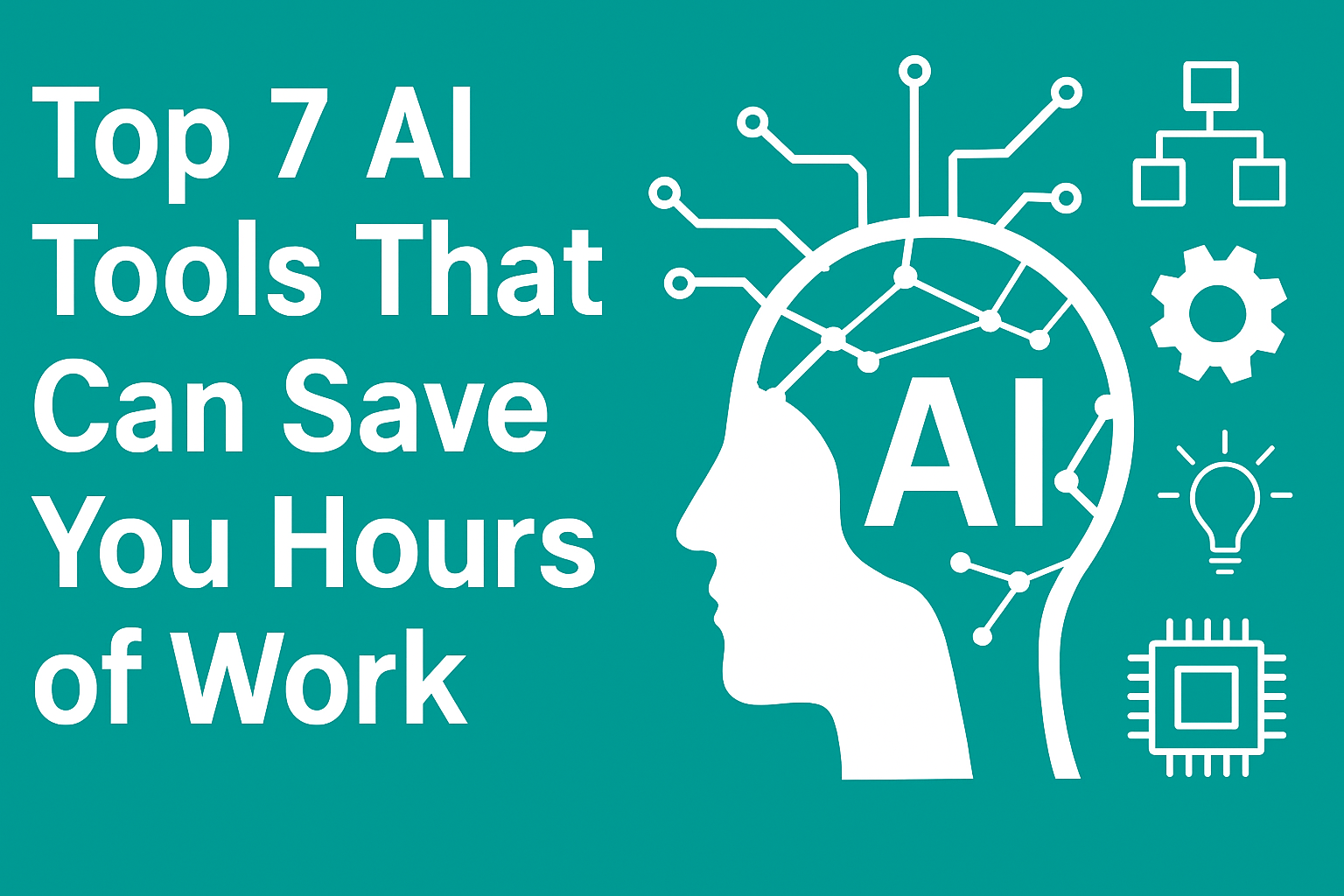AI & the Future of Work: Agents Transforming Job Roles
The rise of artificial intelligence (AI) is revolutionizing the workplace, with agents now capable of automating tasks such as scheduling, customer support, and more. This transformation brings both challenges and opportunities, heralding a new era where human roles will evolve alongside technological advancements. In this article, we delve into how AI is reshaping job roles and what that means for the future of work.
The Emergence of AI Agents
AI agents are software programs designed to perform specific tasks that traditionally required human intervention. These programs utilize machine learning, natural language processing, and other advanced technologies to complete tasks efficiently and accurately. As businesses increasingly adopt these agents, the scope of work is changing dramatically.
Automation in Customer Support
Customer support has witnessed a significant transformation due to AI agents. Chatbots and virtual assistants are now commonplace, providing 24/7 support and handling routine inquiries. For instance, companies like Zendesk have integrated AI solutions that enable businesses to respond to customer queries instantly.
This shift not only improves response times but also allows human agents to focus on more complex issues that require emotional intelligence and creativity. As a result, the nature of customer support roles is evolving, requiring employees to upskill and adapt to new technologies.
Scheduling Made Simple
Scheduling meetings and managing calendars can be time-consuming tasks. AI scheduling assistants, such as x.ai and Clara, are changing the way teams organize their time. These agents can handle meeting requests, find optimal times for participants, and even send reminders.
By automating scheduling, companies can enhance productivity and allow employees to dedicate more time to strategic tasks. This transition not only streamlines operations but also fosters a more agile work environment.
The Impact on Job Roles
As AI agents take over repetitive tasks, the implications for job roles are profound. While some positions may become obsolete, new roles will emerge, emphasizing creativity, problem-solving, and interpersonal skills. For instance, data analysts will be needed to interpret the vast amounts of data generated by AI systems.
Reskilling and Upskilling
To thrive in this new landscape, workers must embrace continuous learning. Companies are investing in reskilling programs to help employees adapt to the changing demands of their roles. This includes training in AI literacy, data analysis, and even emotional intelligence.
Organizations that prioritize upskilling will not only retain talent but also foster a culture of innovation. The ability to adapt will become a key differentiator in the job market of the future.
The Human-AI Collaboration
Rather than viewing AI as a replacement for human workers, it’s essential to see it as a collaborator. AI agents can handle mundane tasks, allowing employees to focus on strategic thinking and creative problem-solving. For instance, in marketing, AI can analyze consumer data, while humans craft compelling narratives based on those insights.
This human-AI collaboration can enhance productivity and lead to more innovative solutions. It’s crucial for businesses to foster an environment where human creativity and AI efficiency can coexist harmoniously.
Challenges and Considerations
While the benefits of AI integration are significant, there are challenges that organizations must navigate. Concerns around job displacement, data security, and ethical considerations are at the forefront of discussions about AI in the workplace.
Job Displacement Concerns
One of the primary fears surrounding AI is job displacement. As AI agents become more capable, there’s a valid concern that certain jobs may become obsolete. However, history has shown that while technology may eliminate some roles, it also creates new opportunities.
For example, the rise of digital marketing has led to an increased demand for social media managers and content creators—roles that didn’t exist a decade ago. The future lies in adapting to these changes and preparing the workforce for the jobs of tomorrow.
Data Privacy and Security
As companies adopt AI technologies, they must also address data privacy and security concerns. AI systems often require access to sensitive information, making it crucial for organizations to implement robust security measures. This includes ensuring compliance with regulations like GDPR and maintaining transparency in how data is used.
Preparing for the Future
As we look ahead, the integration of AI agents into the workplace will continue to accelerate. Organizations must be proactive in preparing for this shift. This includes investing in technology, fostering a culture of continuous learning, and addressing ethical considerations.
Investing in Technology
Businesses should prioritize investments in AI technologies that align with their operational goals. This could involve adopting tools for automation, data analysis, or customer engagement. By leveraging AI effectively, companies can enhance efficiency and remain competitive in their industries.
Fostering a Culture of Learning
Creating a culture that encourages learning and adaptation is essential. Companies can offer training programs, workshops, and resources for employees to develop new skills. This not only benefits the workforce but also positions the organization as a leader in innovation.
Conclusion
The future of work is being reshaped by AI agents that are automating tasks and transforming job roles. While challenges exist, the opportunities for growth and innovation are significant. By embracing change and investing in people and technology, organizations can thrive in this new landscape.
As we move forward, it’s vital for individuals and businesses alike to adapt and prepare for the evolving nature of work. The key lies in viewing AI as a partner, one that can enhance human capabilities and drive success in the workplace.
For more insights on technology and its impact on careers, visit our Tech Hub. Interested in exploring how AI can enhance your wellness journey? Check out our Wellness Hub.
